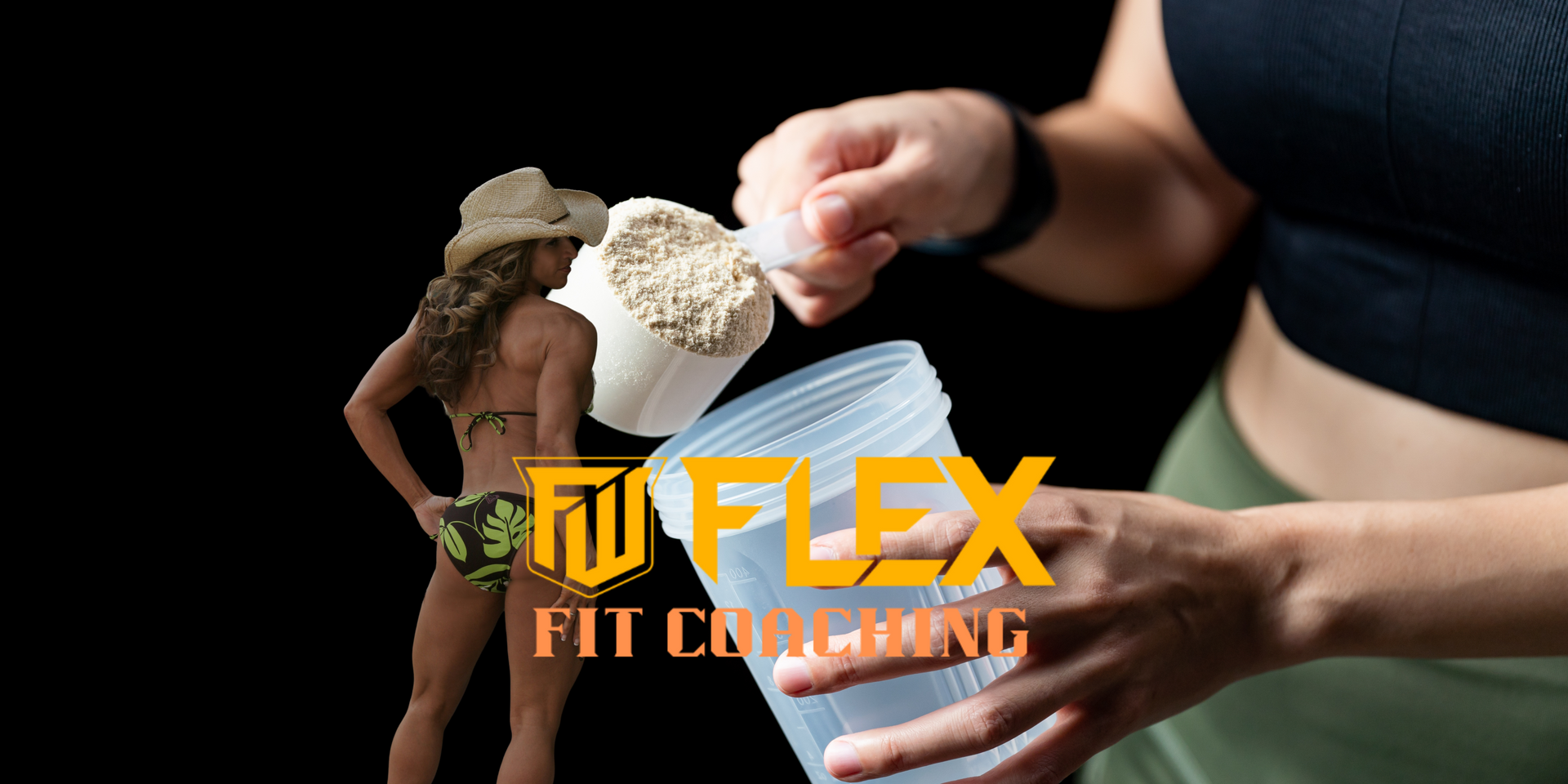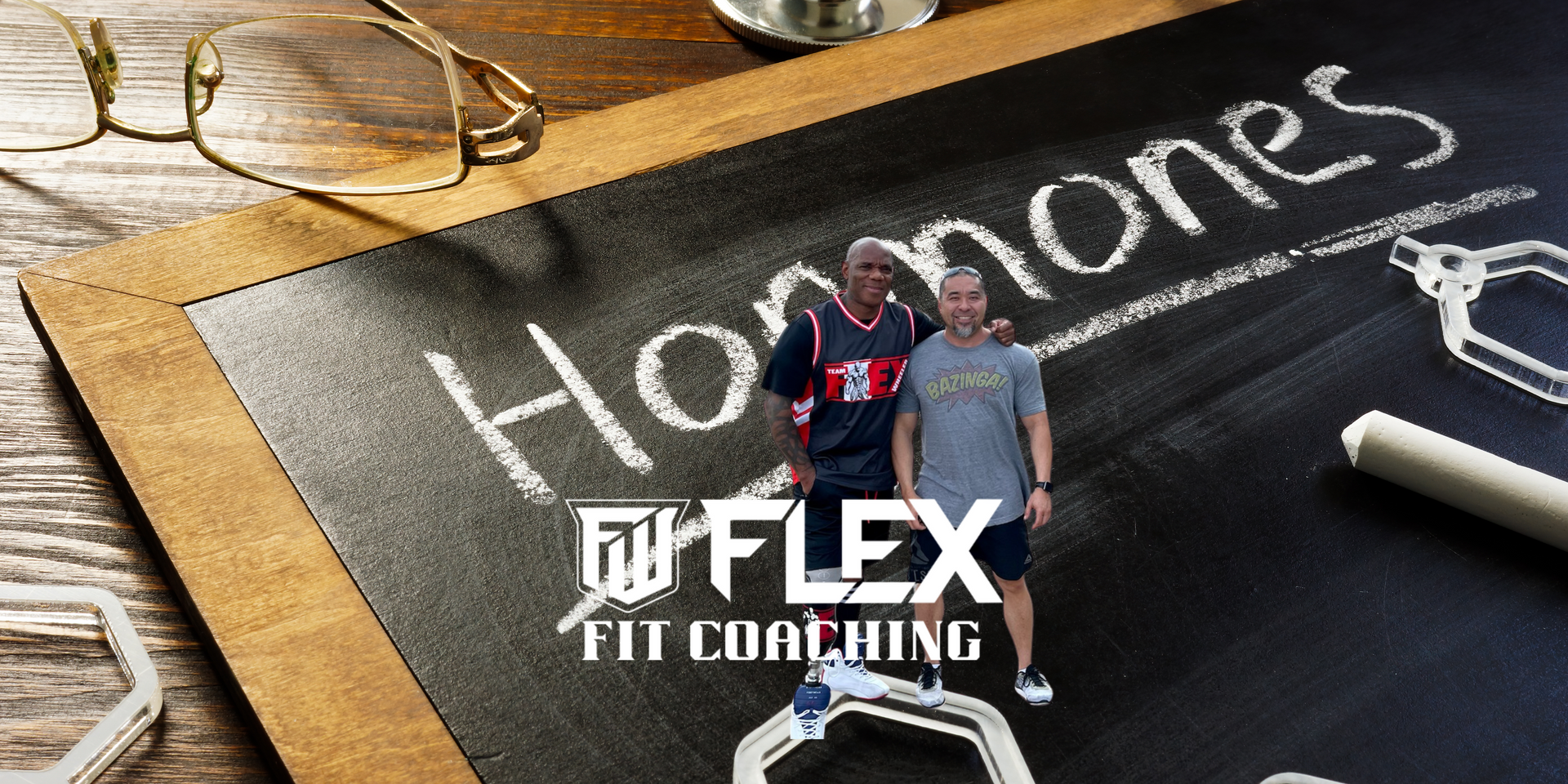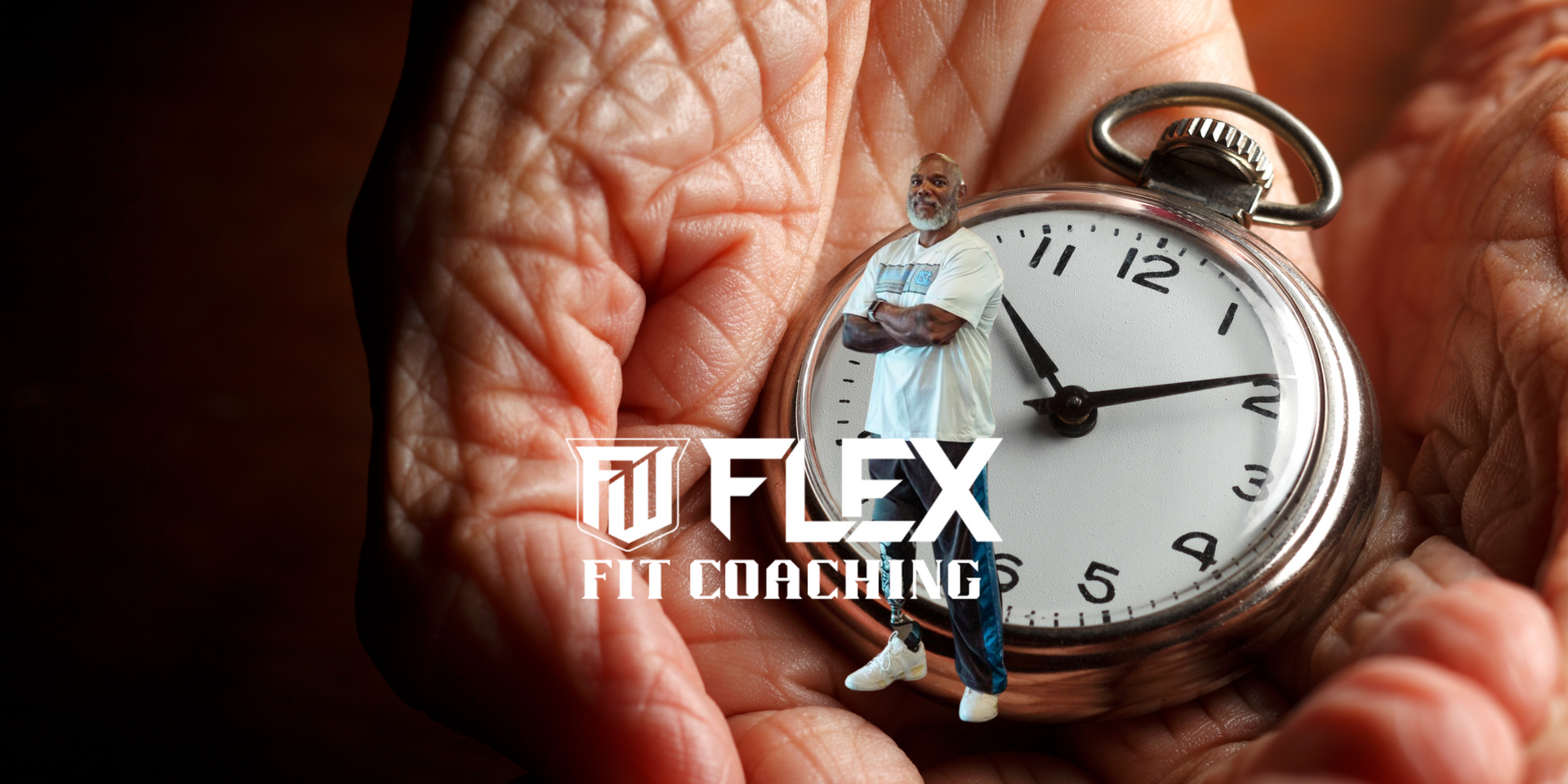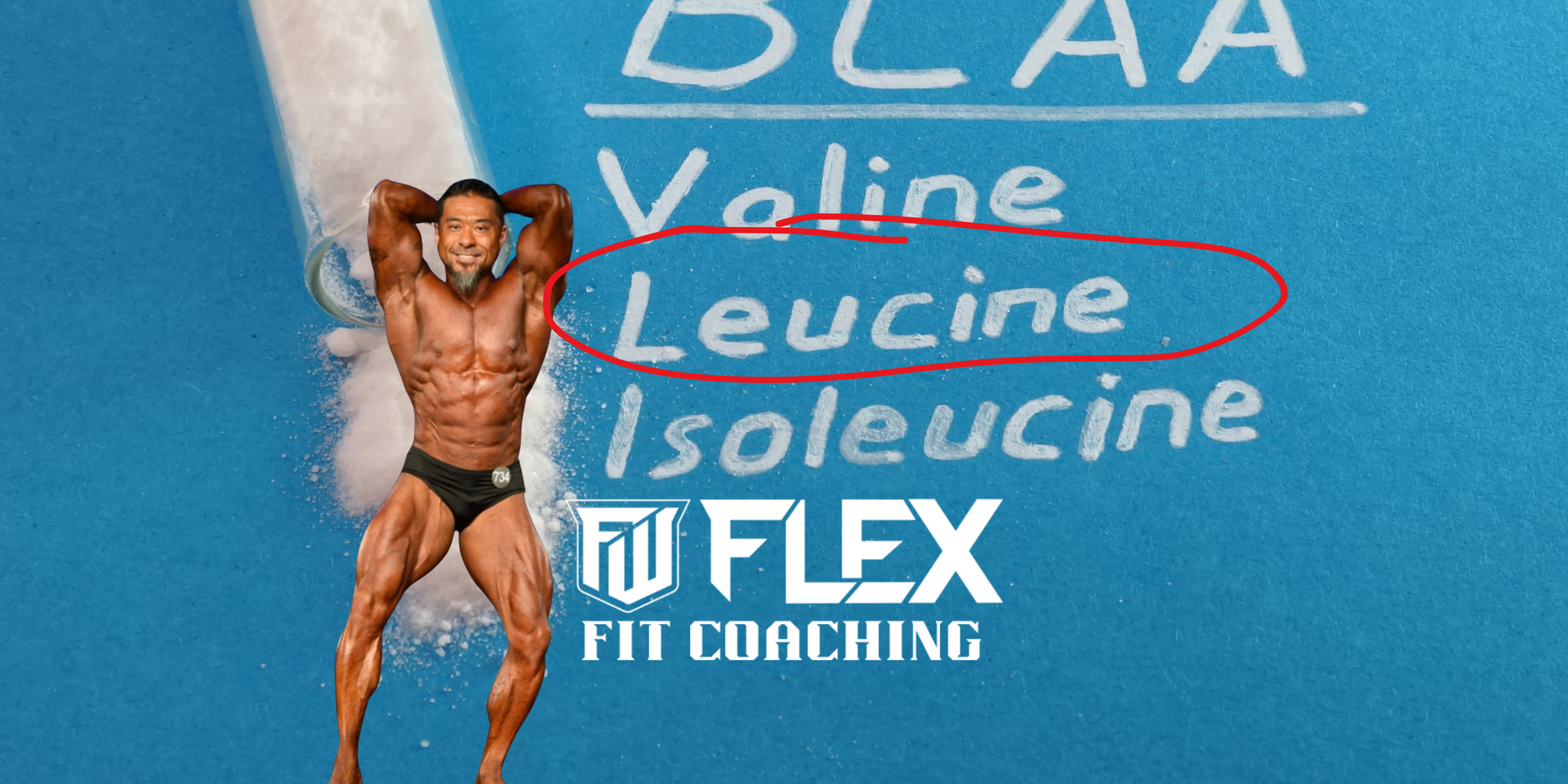Too much water?
Flex Wheeler • September 7, 2021
Could we possibly have been wrong all this time? Are we drinking too much water?

Now that I’ve officially transitioned 100% from athlete, to former athlete, now to coach, I’ve made it my mission to read anything and everything the industry has to offer! Research is on-going and evolving. With this newly, and ever expanding and evolving knowledge, I’ve accepted that I don’t know (nearly) everything, and I’ve also come to question some of the things that I accepted as gospel. I’ve found that I cannot do it all myself, so I’ve also recruited a team of experts with various specialties so that there is no issue we cannot address.
With that all in mind, the latest epiphany that slapped us across the face dealt with water intake...for basic health, or even specific athletic performance, has “conventional wisdom” led us astray. Let’s look at the topic this way, through an evolutionary and anthropological lens. We are essentially an unchanged species over the past several 100,000 years. With that in mind, as Mark Sisson would say, "did Grok The Caveman walk around with a 1 gallon nalgene jug attached to his loincloth as he hunted game with a spear?"
Now, let’s look at the currently accepted common knowledge wisdom...drink (at a minimum) 8 eight-ounce glasses of water per day. Nice little blanket statement for men and women of all sizes and shapes, activity and health levels. This likely comes from someone in the 1940’s looking at a formula of 1 ml of water per calorie consumed. With a recommendation of 2000 calories per day, that's roughly 2 liters per day, or those 8 eight-ounce glasses. Is that "right?" How about athletes drinking 1-2 gallons? What if you're a 5 foot 80 lb pre-teen? What about people with chronic illness? So many questions!!!
So, what is the answer? I’m going to defer to Mark Sisson from Mark’s Daily Apple on this one:
“So how much water does a person need? I think this question exemplifies our tendency to over-think many aspects of our health and well-being. I’ve mentioned on a number of occasions that animals seem to get along just fine on their own instinct. Do we really think we evolved any differently? Thirst is a physiological instinct that is there for a reason. Still, the makers of this bogus rule also tell us that the thirst instinct comes “too late”: we’re already on our way to dehydration once we get to that point! This is where the paleo-perspective comes in handy. Has our “defective” thirst instinct been leading us wrong – for tens of millions of years? I think you know where I stand on this one. So if you actually feel thirsty, by all means have a drink.
Our individual need for water depends on numerous factors. Activity level, body size, environment (humidity level and altitude, most significantly), quality of health, age, and pregnancy/breastfeeding impose the most legitimate variations. In general, we want to replace the fluids we lose in a day, and intensive activity (with its accompanying sweat) will increase the amount of fluid we need. (For prolonged, intensive exercise and/or significant water intake, it’s essential to balance salt/electrolytes with water.) The drier our climate, the more water we tend to lose, but unless you’re sitting out in the blazing sun for hours at a time, it doesn’t make a huge difference. Altitude, because of the body’s more laborious breathing, can increase our need. Those who are ill can require more, depending on their condition and any treatments they’re receiving. (People with kidney disease, kidney stones, a history of bladder cancer, or a tendency for urinary tract infections are usually advised to drink more.) Women who are pregnant or nursing definitely need to drink more. Finally, I mention age not because older men and women necessarily need more water. In fact, if they’re more sedentary, they probably need less. However, some research has shown that as we age our thirst instinct may not be quite as sharp as it used to be.
For most of us, however, we can safely rely on that brain stem of ours to tell us when it’s time to belly up to the drinking fountain.”
Now, please keep in mind, this is not a position statement for the Flex Wheeler Development System, just a little appetizer to spark some conversation.









